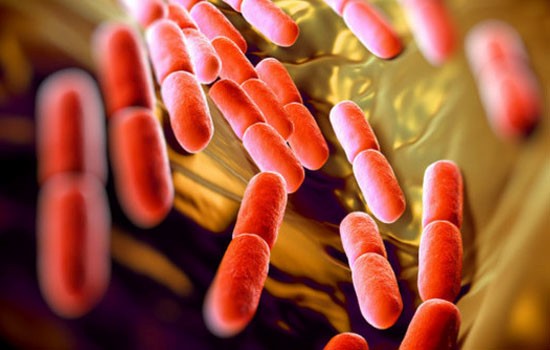
OFweek Medical Network There are trillions of microbes in the human gut, also known as intestinal flora, which are associated with various diseases such as enteritis, obesity, and diabetes. Recently, two teams from the University of Leuven, Belgium and the University of Grinningen, the Netherlands, published papers in the journal Science, and identified the core microbiota in the intestine through two large research projects to further develop biomarker systems and evaluate intestinal bacteria. Whether the group is normal provides clues.
The gut microbiome produces vitamins, enzymes and other compounds that help digestion and metabolism, regulate the immune system, and even serve as an additional organ that has an important impact on human physiological activities. Over the years, people have mastered a large number of bacteria associated with one or more diseases by studying the microbial group associated with the disease, but there are still great difficulties from microbiome monitoring to diagnosis and clinical practice.
Fu Jingyuan, an expert at the University of Groningen Medical Research Center, told the Science and Technology Daily that a key step in helping future clinical research is to establish a “normal†standard for the intestinal flora. At present, researchers have been able to analyze and evaluate the intestinal flora contained in human feces through gene sequencing . Many factors of the human body and the environment will affect the composition and quantity of the flora. Finding the relationship between the two will help to find a specific one. Biomarkers are used to determine a variety of diseases.
The University of Leuven collected 1106 population samples from the Flemish Intestinal Flora Program (FGFP) and identified the main factors that determine the difference in flora between individuals. The University of Groningen analyzed the genome data of 1,135 people through genome sequencing studies, and found multiple biomarkers that can be used to analyze and predict the composition and function of the flora, as well as the effects of multiple commonly used drugs on the function of the flora. The two papers were mutually corroborated and the main influencing factors were 92% consistent.
Combining the databases of the two studies with other British and American studies, we identified a population of 664 genera of human core microflora, 95% of which have these genus intestines.
Fu Jingyuan said that the intestinal microbiome differences are affected by a variety of internal and external factors, such as the environment, medication, smoking, eating habits, diseases, etc. We have tested 207 factors, which will help further study how to regulate through drugs and diet. Intestinal bacteria are healthy, but more research is needed on human intestinal flora research.
Vitamins are a type of trace organic substances that humans and animals must obtain from food in order to maintain normal physiological functions. In terms of physiological functions, vitamins are neither a raw material for tissues nor a substance for supplying energy, but they are an indispensable substance for the body. It has many types and different chemical structures. Most of them are the components of the coenzyme (or prosthetic group) of certain enzymes. They are the indispensable compounds for maintaining the normal growth (growth, health, reproduction and production function) of the body. It plays a catalytic role in the body to promote the synthesis and degradation of major nutrients (proteins, fats, carbohydrates, etc.), thereby controlling metabolism. Vitamins are essentially low-molecular organic compounds. They cannot be synthesized in the body, or the amount synthesized is difficult to meet the needs of the body, so they must be supplied from the outside. The daily requirement of vitamins is very small (usually measured in milligrams or micrograms). They are neither a raw material for body tissues nor a substance for energy supply in the body. However, they do not regulate material metabolism, promote growth and development, and maintain physiological functions.
Vitamin K2 MK-7, Vitamin C, Vitamin E, Vitamin K2, Vitamin H, Vitamin D3
Xi'an Gawen Biotechnology Co., Ltd , https://www.ahualynbios.com